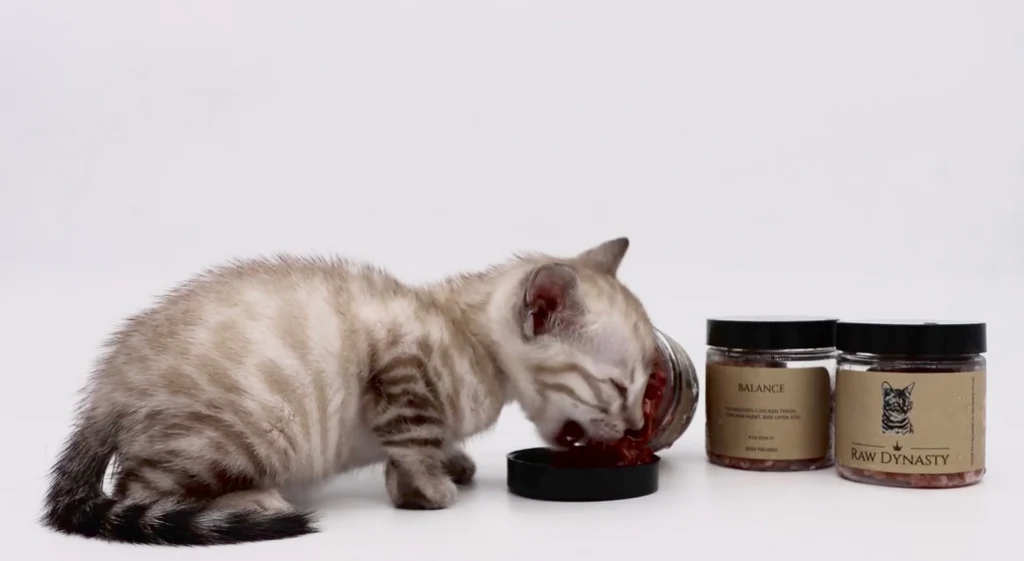For cat owners, providing the best possible care for their feline companions is always a top priority. This is especially true for those with strictly indoor cats that rely solely on their owners to meet all of their needs. When it comes to factors impacting your cat’s health and well-being, nutrition and health maintenance should always be at the forefront.
Importance of a nutritious diet
Diet plays a monumental role in a cat’s overall health and wellness. The nutrients, vitamins, minerals, and other components found in high-quality cat food support everything from energy levels to immune health, skin and coat condition, digestive function, weight maintenance, and more. Just like humans, cats suffer from vitamin deficiencies and malnutrition if their dietary needs are not met. Since indoor cats cannot hunt prey or supplement their diet on their own, their food must provide complete and balanced nutrition. The best cat food for indoor cats, it made with premium proteins, healthy fats, fruits, vegetables, and essential vitamins and minerals help prevent deficiencies while also keeping cats satisfied. It not only supports good health but prevents finicky eating or overeating as well.
Weight management benefits
Obesity is one of the most prominent feline health concerns, especially for indoor cats that tend to be less active than free-roaming cats. Carrying excess weight puts cats at risk for diabetes, heart disease, arthritis, breathing issues, decreased stamina, skin problems, and more. By feeding an indoor cat a measured amount of calorie-appropriate food suited for their needs and activity level, owners effectively manage their weight for better well-being. When choosing foods, look for options specifically formulated for indoor or inactive cats with lower calories while still providing ample nutrition. Also, be sure to account for other factors like age, spay/neuter status, and any health concerns when selecting the best diet. Tracking food intake and body weight over time also helps with making adjustments as needed for optimal fitness.
Role of annual veterinary care
While a healthy diet keeps indoor cats strong on the inside, routine veterinary care helps Identify or prevent health problems for full-body wellness. Indoor cats still require annual wellness exams, vaccinations, parasite prevention, and dental care even if they rarely leave the house. A vet picks up on early issues to treat before they become serious, monitors health conditions, ensures vaccinations are current, notices pain that requires treatment, cleans teeth to prevent decay, and more. They also provide prescription diets as needed for certain conditions.
Since obesity, kidney disease, diabetes, thyroid dysfunction, dental disease, cancer, and arthritis are common in cats, having at least one well-visit per year allows a vet to assess body condition, run bloodwork if suspicious symptoms arise, take X-rays of painful areas, and support overall wellbeing. Preventative care measures like exams and diagnostics avoid costly emergency visits over time while also allowing cats to live comfortably.
Enriching the indoor environment
While diet and veterinary care address physical health from the inside out, providing an enriching environment tackles mental health. Without suitable spaces to play, climb, scratch, perch, and sleep, cats may suffer stress, anxiety, boredom, frustration, and even depression. This contributes to or exacerbates medical issues as well. Cat parents should aim to create a stimulating indoor playground including scratching posts, cat towers, toys, food puzzles, perches by sunny windows, comfortable snoozing spaces, and more. These life essentials tap into natural feline behaviors and instincts healthily. Rotating toys to spark curiosity or moving perches/beds around occasionally also prevents habituation from always having the same setup over time.
Related posts
Recent Posts
Advertisement


